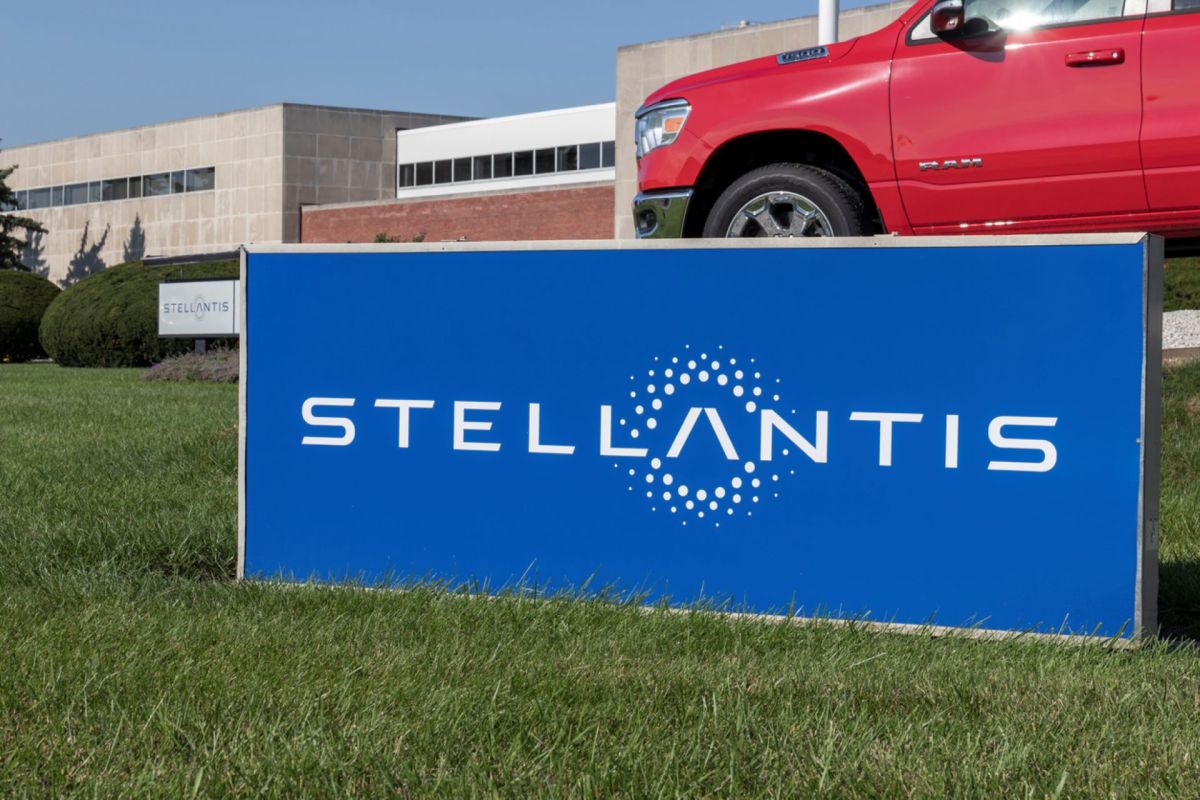A top vehicle manufacturing executive plans to cut the weight of electric vehicle batteries in half in an effort to make EVs more sustainable.
Stellantis technology chief Ned Curic spoke about the goal — which he challenged his team to reach by 2030 — during the opening of the company's Battery Technology Center in Turin, Italy, per Reuters. Stellantis manufactures popular brands, including Ram, Jeep, and Abarth, among numerous others. It has U.S. headquarters in Michigan.
It's an ambitious mark, and one that could be game-changing for EVs. Lighter batteries can improve roominess, and — perhaps most importantly — range and price by packing more electricity into a smaller space, using cheaper materials.
Developing lightweight packs that can store more energy is the goal of many industry experts around the world. Some are experimenting with new materials, while others are changing basic battery design concepts.
Curic admitted to Reuters that cutting battery weight by 50% is "a very hard goal." On average, they weigh 1,000 to 2,000 pounds or more, per a report from manufacturer EVBox on LinkedIn.
"We will have to think about completely new materials, new chemistry, new way of replacing … heavy, heavy, heavy materials to something much lighter," he said in the Reuters story.
Other companies in the pursuit of a better battery often focus on replacing scarce metals — lithium, cobalt, and nickel, among them — which are common in EV power packs. Technology that reduces fire risk is also important.
For his part, Curic said that he isn't certain how the "battery of the future" will be designed. Perhaps it's some combination of the multitude of concepts now being tested by experts in top labs.
Regardless, it seems Stellantis is all in, having invested $43 million in its battery facility in Italy, with another innovation hub to be built in Canada, per Reuters.
Greater sustainability and cleaner tech are also part of the goals Curic noted. The ultra-light batteries would be a great step toward those benchmarks.
"We are consuming a lot of carbon-based energy in existing systems, so moving to electric vehicle systems does allow for a lot more sustainable a future," Curic said to Reuters.
And it sounds like consumers won't have to wait until 2030 for big news from Stellantis, as Curic said that the company intends to launch a "very affordable" auto within the calendar year, per the report.
"A vehicle that just about any member of our societies can afford to buy," he said.
Though he didn't say how much it would cost.
Join our free newsletter for weekly updates on the coolest innovations improving our lives and saving our planet.









